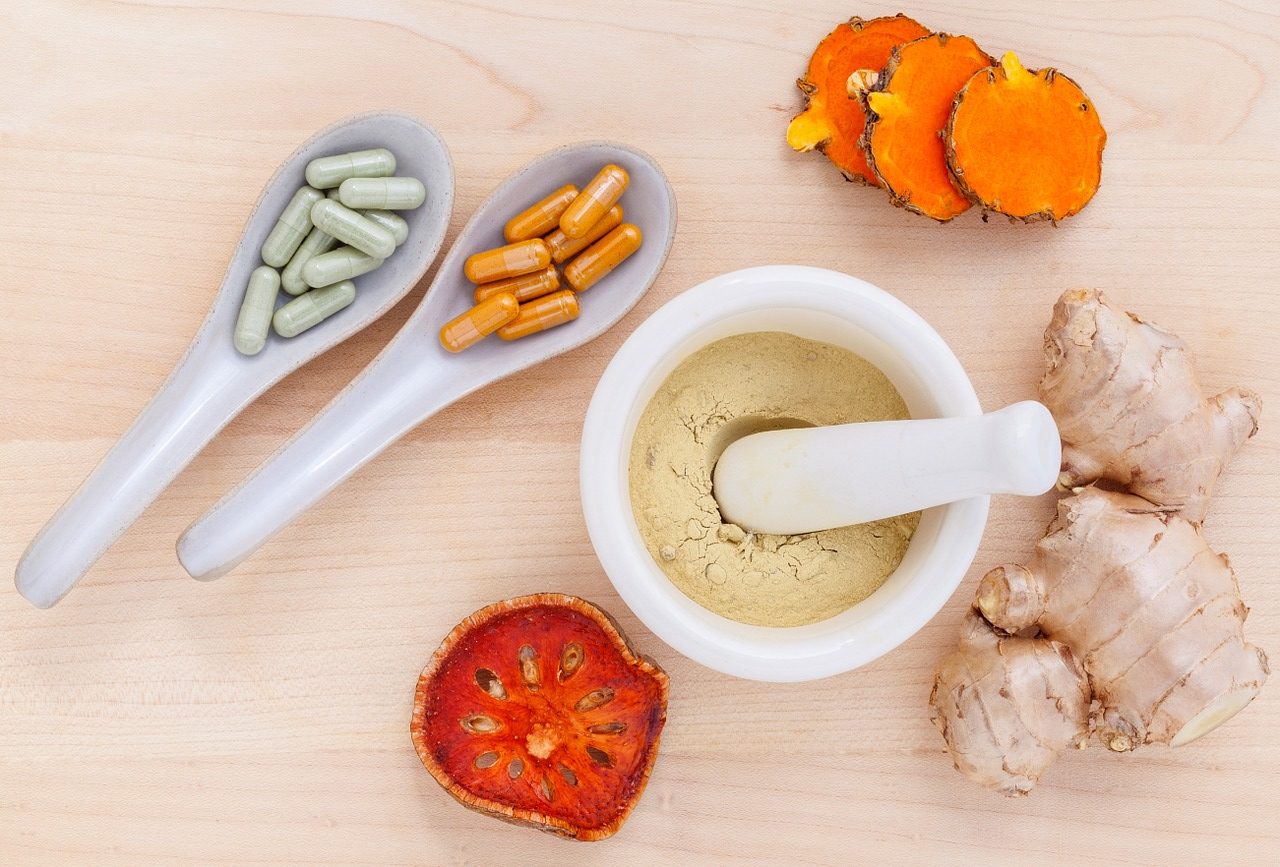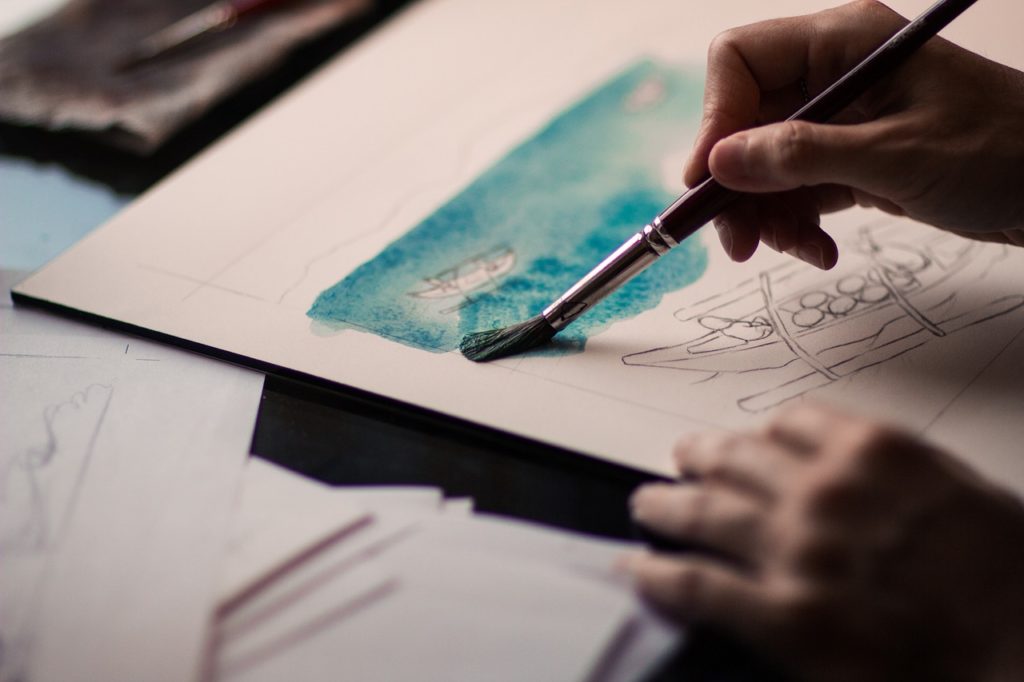When Words Are Not Enough: Alternative Therapies to Heal Emotional Trauma

By Nirmala Raniga
In the wake of emotional trauma, healing is required to prevent lasting damage to your physical, emotional and spiritual health. Now, it’s true that you are the agent of change in your own healing journey, but enlisting the help of others can be hugely beneficial in recovering from emotional trauma.
Talk therapy can be extremely helpful in confronting painful experiences, but sometimes, words are not enough. This is when alternative therapies may help you access and restore your innate wisdom and power.
Why Emotional Healing Needs to Be Prioritized
When negative experiences and trauma occur, your brain can become wired with negative, limiting and fear-driven beliefs that inhibit living to your full potential. While these beliefs have been created by your psyche to protect you, they can damage your self-worth, self-confidence, relationships and negatively impact the decisions you make.
The good news is..
As human beings, we have an amazing ability to heal and restore. We are adaptable and resilient, and our brains have the power to rewire and form new empowering and healthy thought patterns that support us to live in equilibrium. Our bodies intuitively know what to do to heal, we just need to be open and attuned to the messages our bodies are sending, so that we may reap the benefits of our self-awareness, and work towards wholeness.
Alternative therapies are effective for releasing subconscious negative emotions, thought patterns and beliefs because they take the mind, body and spirit into consideration. When we address our entire being as a whole, we also receive the opportunity to heal ourselves completely.
Here are 5 effective therapies for healing emotional trauma, when words aren’t enough to express or identify with the pain you’re experiencing.
5 Alternative Therapies That Can Help You Heal From Emotional Trauma
1.Yoga and Meditation
When emotional trauma occurs, there is often a disconnect from the body, which yoga and meditation can help reconnect.
Yoga and meditation are both centred around the breath. In yoga, physical movement is elevated by tuning into breath, with the goal being to flow between postures in tune with your breathing. Yoga can assist in body mindfulness, flexibility and openness, and helps soothe the nervous system.
In meditation, the aim is to quiet the chatter of the mind and arrive to stillness, using breath to slow the mind. Meditation can be done sitting in a comfortable position or walking in silence through nature. In fact, yoga is considered a moving meditation because of the breath work involved. In any given moment, our minds are flooded with information, and meditation can help us learn to focus and spend more time in the present moment. Having awareness of your breath also encourages you to be in the now, instead of living in negative past experiences and trauma.
2. Acupuncture
Acupuncture is a practice of Traditional Chinese Medicine, which is now commonly sought out as an alternative medicinal therapy in Western society. In this practice, thin needles are inserted into the skin at specific meridians by a trained practitioner, which aim to alleviate physical and emotional pain.
According to Traditional Chinese Medicine, Qi (pronounce “chi”) is your life force, which circulates throughout the entire body. When areas of the body are weak or unwell, stagnation and blockages can occur, which affects the energetic flow of that specific area, as well as your whole being.
The needling process of acupuncture seeks to release these energetic blockages and alleviate physical pain, as well as the potential underlying emotional pain associated with a certain condition. Physical and psychological pain are interconnected, and often the pain signals we receive in the body have connections to our psyche’s well being. Acupuncture can be used to ease pain, stress and trauma, and increase energy and balance.
3. Art Therapy

Art therapy is a form of psychotherapy that provides a safe environment to explore feelings verbally and symbolically through art making— such as coloring, drawing and painting. Artistic expression encourages spontaneity, creativity and experimentation, which can prompt the recognition and release of suppressed emotional trauma.
Since art therapy relies on visual processing, many language based defense mechanisms are bypassed, allowing healing to occur in a different way than talk therapy. Art therapy can assist in treating deep seated emotional trauma, through a process of looking, exploring and discovering in the art making process.
Through art making, individuals may also experience cathartic release, relaxation and stress relief, self-expression and feelings of self-mastery. Art therapy fosters and supports ego growth and encourages the development of identity, which is important when healing from trauma.
4. Massage Therapy
Similar to Chinese medicine, in massage therapy, the divide between psychological and physiological is not separate.
Emotional warfare affects our physical bodies, and our psyches as well. Pain manifesting in the body can be the result of trapped emotions, and massage therapy aims to release negative emotions which become lodged in the tissues following traumatic experiences. Just as expression of our experiences allows emotional relief, massage therapy helps correct negative responses in our muscles and tissues and provides physical relief.
A massage therapist can safely assist in providing physical contact to soothe and release trauma from the body. By physically ridding our bodies of negative emotions— which are often held onto in our bodies for decades— we create more room for lightness, positivity and movement.
5. Ayurveda

Ayurveda is a holistic healing ideology that views the mind and body as being inextricably connected. Traditional Ayurvedic medicine was developed over 5,000 years ago in India, and focuses on healing the mind, with the belief being that nothing has more powerful healing qualities than an individual’s psyche.
In Ayurveda, the aim in all aspects of life – physical, emotional and spiritual – is balance and moderation. Suppression and avoidance are seen as contributors to disease and illness. In treatment, the goal is to release and eliminate toxins that have accumulated in the body, as well as restore balance and harmony. Forms of Ayurvedic treatment include meditation, herbal oil treatments, skin and lymphatic detoxification, relaxation therapy and massage.
While the process of healing emotional trauma can be painful and uncomfortable, it is necessary for living a healthy life. By using alternative therapies for emotional trauma, you’ll be addressing your mental, physical and spiritual well-being— all of which require equal attention for true healing to occur.
How our Team at The Paradise Valley Healing Center Can Help
At the Paradise Valley Healing Center, we recognize each person is unique. We work with individuals to explore what their personal challenges and struggles are, to determine what’s necessary for their healing. We also work closely with the individual’s support network, which can ease the stress in everyone’s lives and increase feelings of joy, equanimity and peace.
Contact us via phone or email with your questions and inquiries today. Our therapists are available to provide answers on how we may best assist you on your path to wellness. We look forward to hearing from you!
